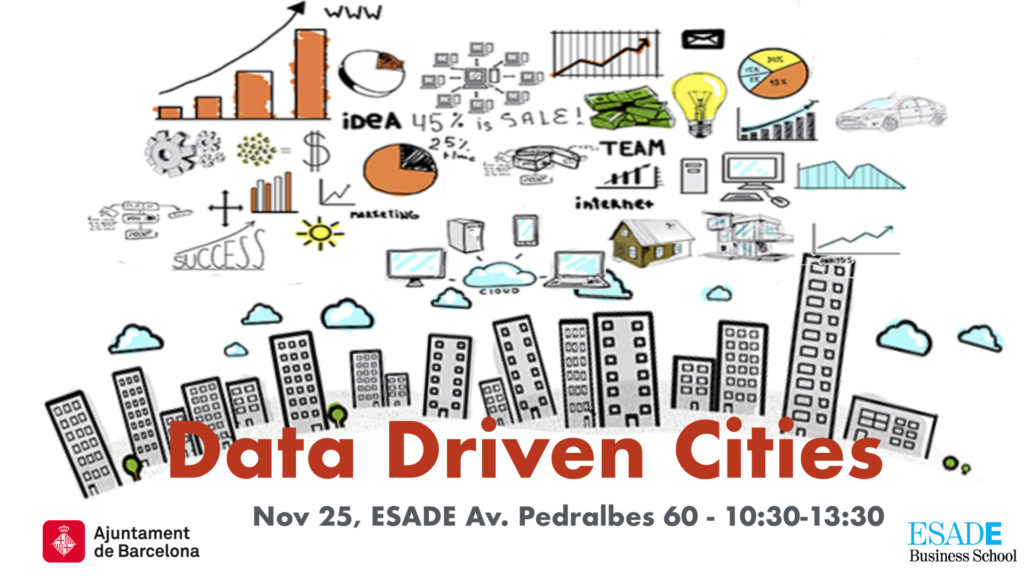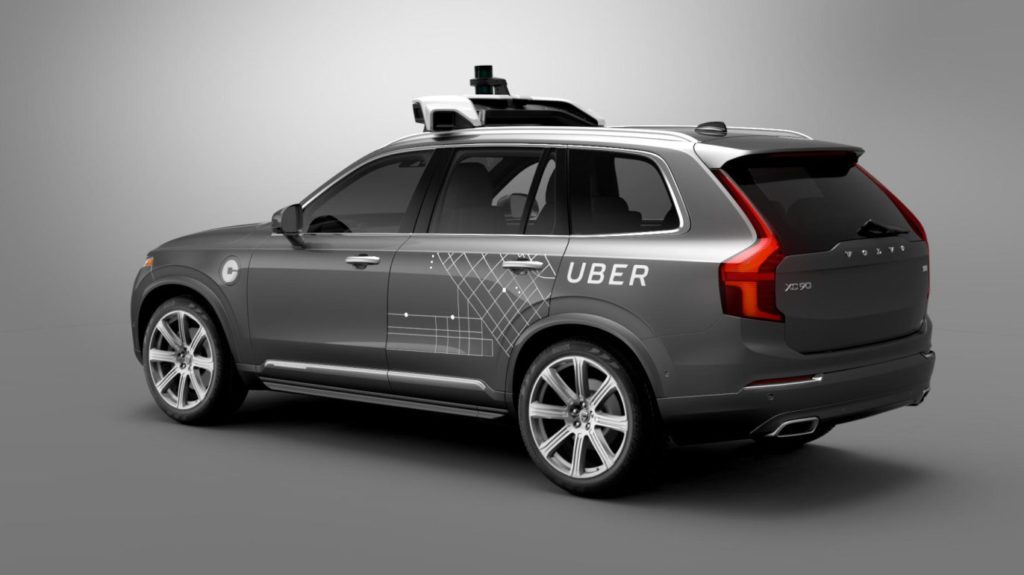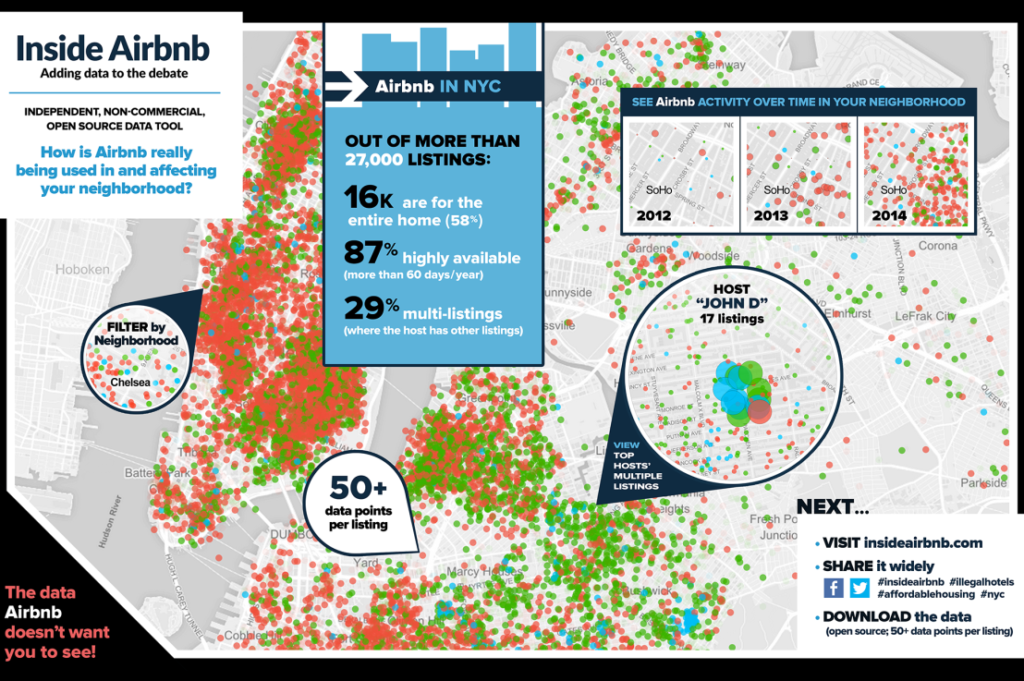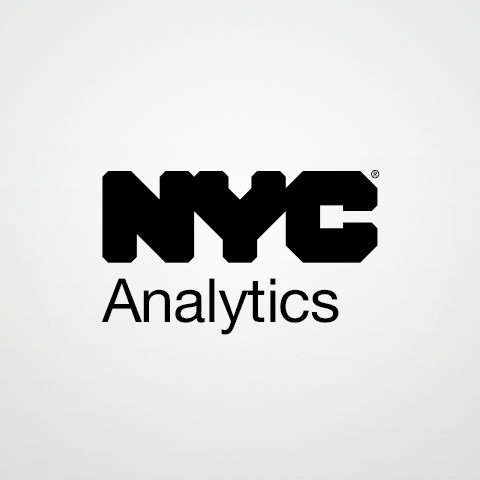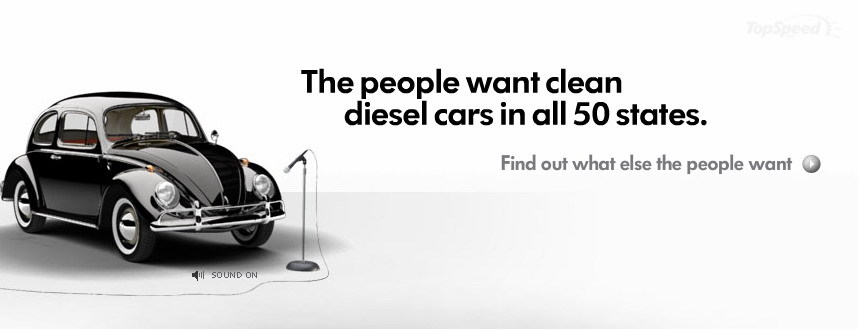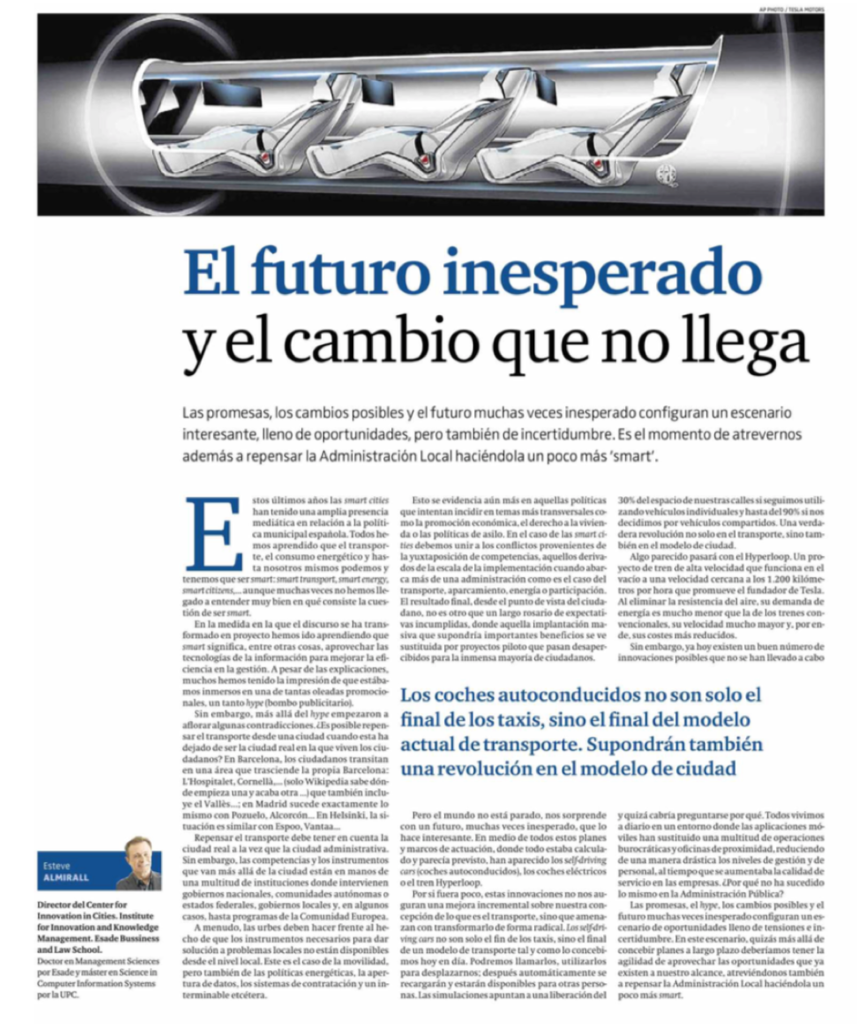
Estos últimos años las Smart Cities han tenido una amplia presencia mediática en relación a la política municipal española. Todos hemos aprendido que el transporte, el consumo energético y hasta nosotros mismos podemos y tenemos que ser smart: smart transport, smart energy, smart citizens,… aunque muchas veces no hemos llegado a entender muy bien en qué consiste la cuestión de ser smart.
En la medida en la que el discurso se ha transformado en proyecto hemos ido aprendiendo quesmart significa, entre otras cosas, aprovechar las tecnologías de la información para mejorar la eficiencia en la gestión. A pesar de las explicaciones, muchos hemos tenido la impresión de que estábamos inmersos en una de tantas oleadas promocionales, un tanto hype.
Sin embargo más allá del hype empezaron a aflorar algunas contradicciones. ¿Es posible repensar el transporte desde una ciudad cuando ésta ha dejado de ser la ‘ciudad real’ en la que viven los ciudadanos? En Barcelona los ciudadanos transitan en una área que trasciende la propia Barcelona: Hospitalet, Cornellà,… (sólo wikipedia sabe dónde empieza una y acaba otra …) que también incluye el Vallés, … En Madrid, sucede exactamente lo mismo con Pozuelo, Alcorcón, … En Helsinki, la situación es similar: con Espoo, Vantaa, …
Repensar el transporte debe tener en cuenta la ‘ciudad real’ a la vez que la ciudad administrativa. Sin embargo, las competencias y los instrumentos que van más allá de la ciudad se encuentran en manos de una multitud de instituciones donde intervienen gobiernos nacionales, comunidades autónomas o estados federales, gobiernos locales y, en algunos casos, hasta programas de la Comunidad Europea.
A menudo, las urbes deben hacer frente al hecho de que los instrumentos necesarios para dar solución a problemas locales no están disponibles desde el nivel local. Éste es el caso de la movilidad, pero también de las políticas energéticas, la apertura de datos, los sistemas de contratación y un interminable etc.
Esto se evidencia aún más en aquellas políticas que intentan incidir en temas más transversales como la promoción económica; el derecho a la vivienda o las políticas de asilo. En el caso de las Smart Cities debemos unir a los conflictos provenientes de la yuxtaposición de competencias, aquellos derivados de la escala de la implementación cuando abarca más de una administración como es el caso del transporte, aparcamiento, energía, participación, etc. El resultado final, desde el punto de vista del ciudadano, no es otro que un largo rosario de expectativas incumplidas, donde aquella implantación masiva que supondría importantes beneficios se ve substituida por proyectos piloto que pasan desapercibidos para la inmensa mayoría de ciudadanos.
Pero el mundo no está parado, nos sorprende con un futuro, muchas veces inesperado, que lo hace interesante. En medio de todos estos planes y marcos de actuación, donde todo estaba calculado y parecía previsto, han aparecido los self-driving cars (coches autoconducidos), los coches eléctricos o el tren Hyperloop.
Por si fuera poco, estas innovaciones no nos auguran una mejora incremental sobre nuestra concepción de lo que es el transporte, sino que amenazan con transformarlo de forma radical. Los self-driving cars no son sólo el fin de los taxis, sino el final de un modelo de transporte tal y como lo concebimos hoy en día. Podremos llamarlos, utilizarlos para desplazarnos; después automáticamente se recargarán y estarán disponibles para otras personas. Las simulaciones apuntan a una liberación de un 30% del espacio de nuestras calles si seguimos utilizando vehículos individuales y hasta del 90% si nos decidimos por vehículos compartidos. Una verdadera revolución no sólo en el transporte, sino también en el modelo de ciudad.
Algo parecido pasará con el Hyperloop. Un proyecto de tren de alta velocidad que funciona en el vacío a una velocidad cercana a los 1200Km/h que promueve el fundador de Tesla. Al eliminar la resistencia del aire, su demanda de energía es mucho menor que la de los trenes convencionales, su velocidad mucho mayor y, por ende, sus costes más reducidos.
Sin embargo ya hoy, existen un buen número de innovaciones posibles que no se han llevado a cabo y quizás cabría preguntarse por qué. Todos vivimos a diario en un entorno donde las aplicaciones móviles han substituido una multitud de operaciones burocráticas y oficinas de proximidad, reduciendo de una manera drástica los niveles de gestión y de personal, al tiempo que se aumentaba la calidad de servicio en las empresas. ¿Por qué no ha sucedido lo mismo en la Administración Pública?
Las promesas, el hype, los cambios posibles y el futuro muchas veces inesperado configuran un escenario de oportunidades lleno de tensiones e incertidumbre. En este escenario, quizás más allá de concebir planes a largo plazo deberíamos tener la agilidad de aprovechar las oportunidades que ya existen a nuestro alcance, atreviéndonos también a repensar la administración local haciéndola un poco más smart.
El Periódico de Catalunya, 27 de Octubre de 2015

